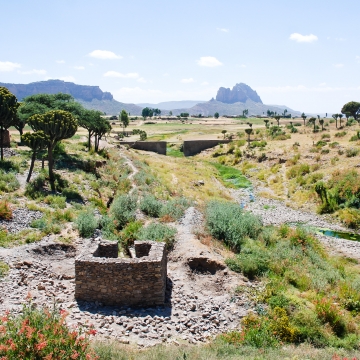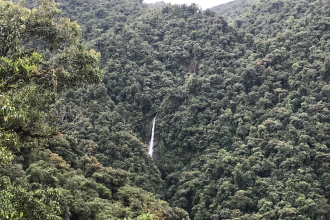The influence of institutional quality on the environmental degradation in sub-Saharan Africa: Evidence from panel threshold model
Human progress, poverty reduction, and environmental sustainability are core indicators target to be achieved by 2030. Substantial interaction resulting from anthropogenic activities with the intent of fostering prosperity is surging climate change.

